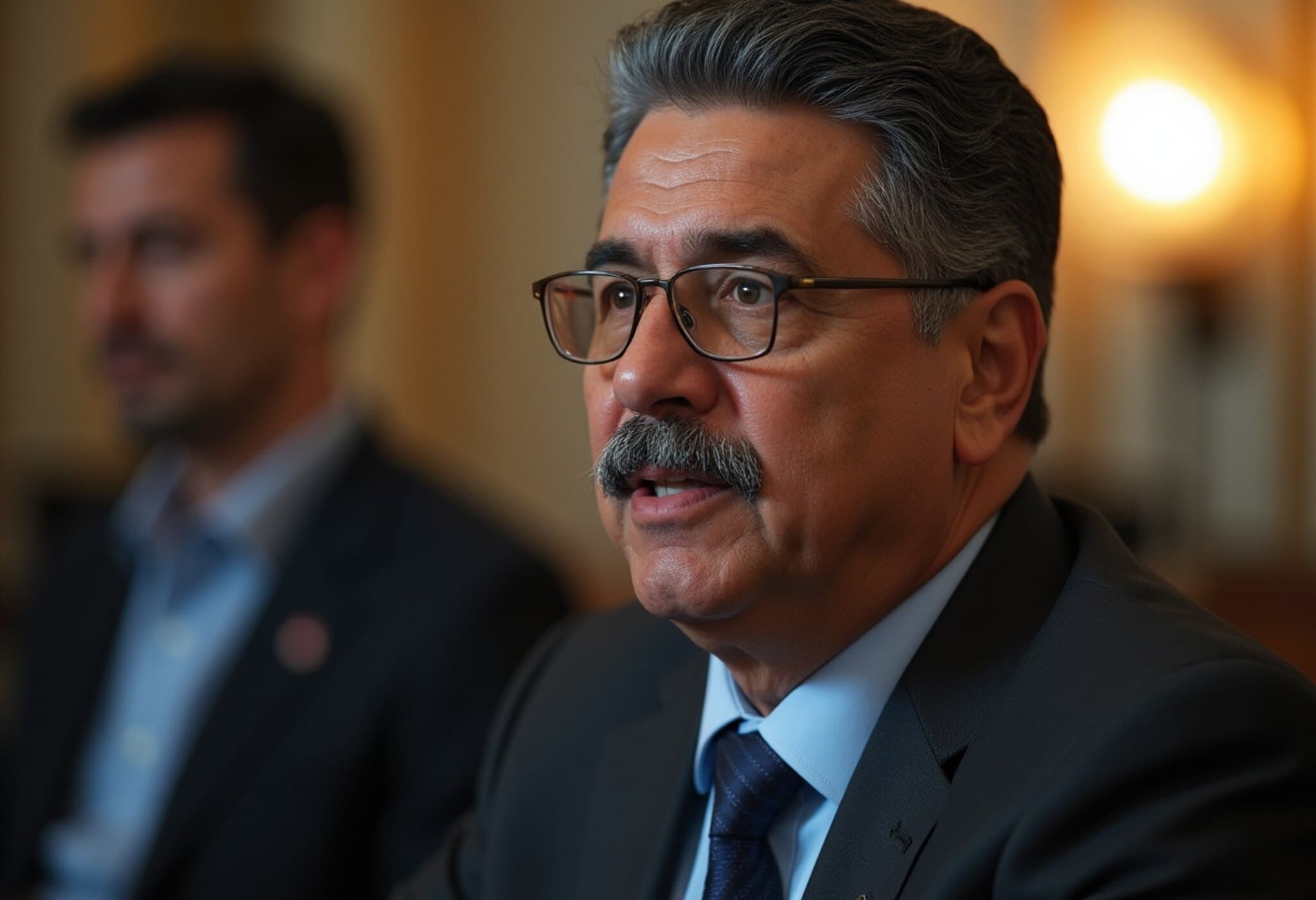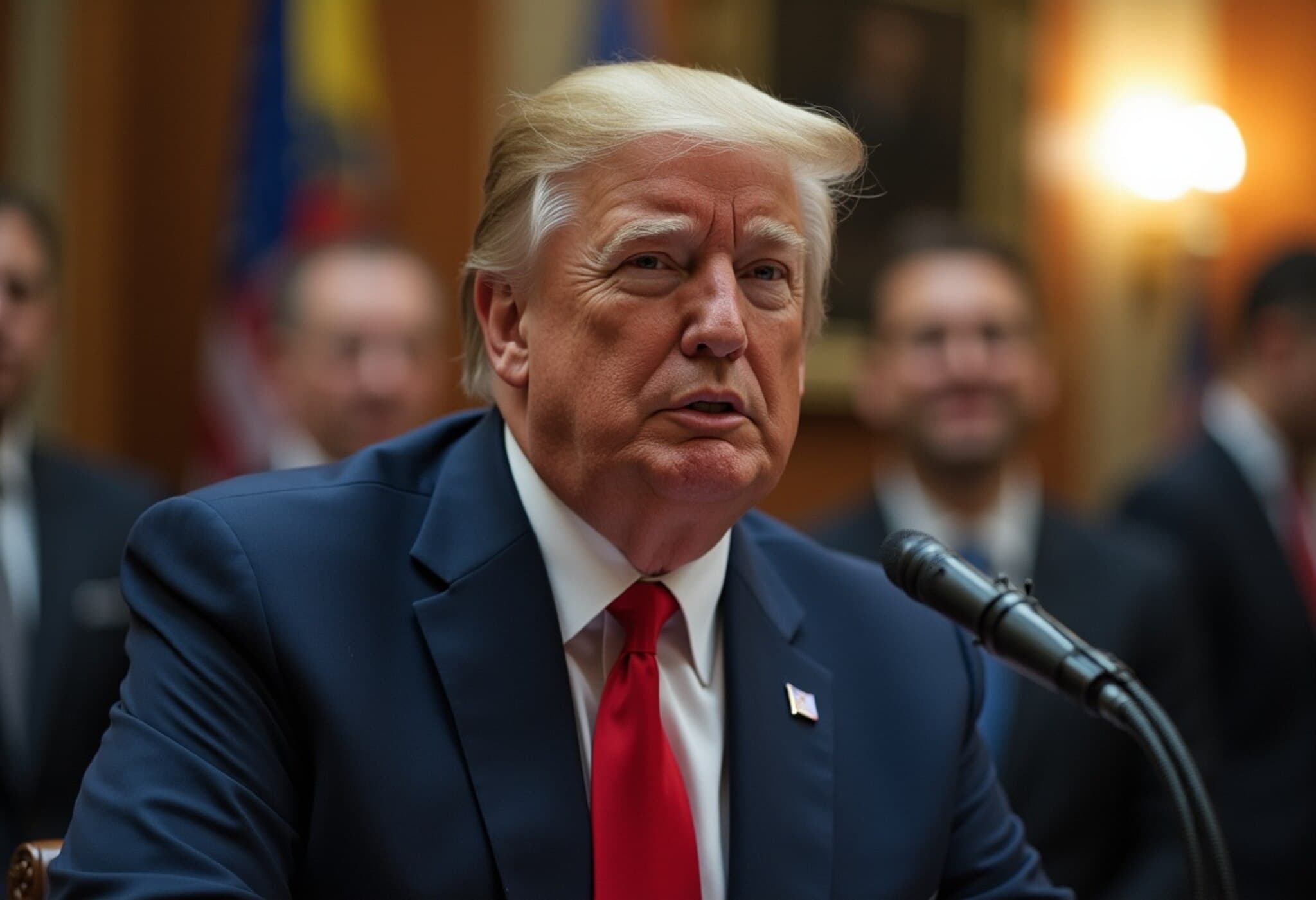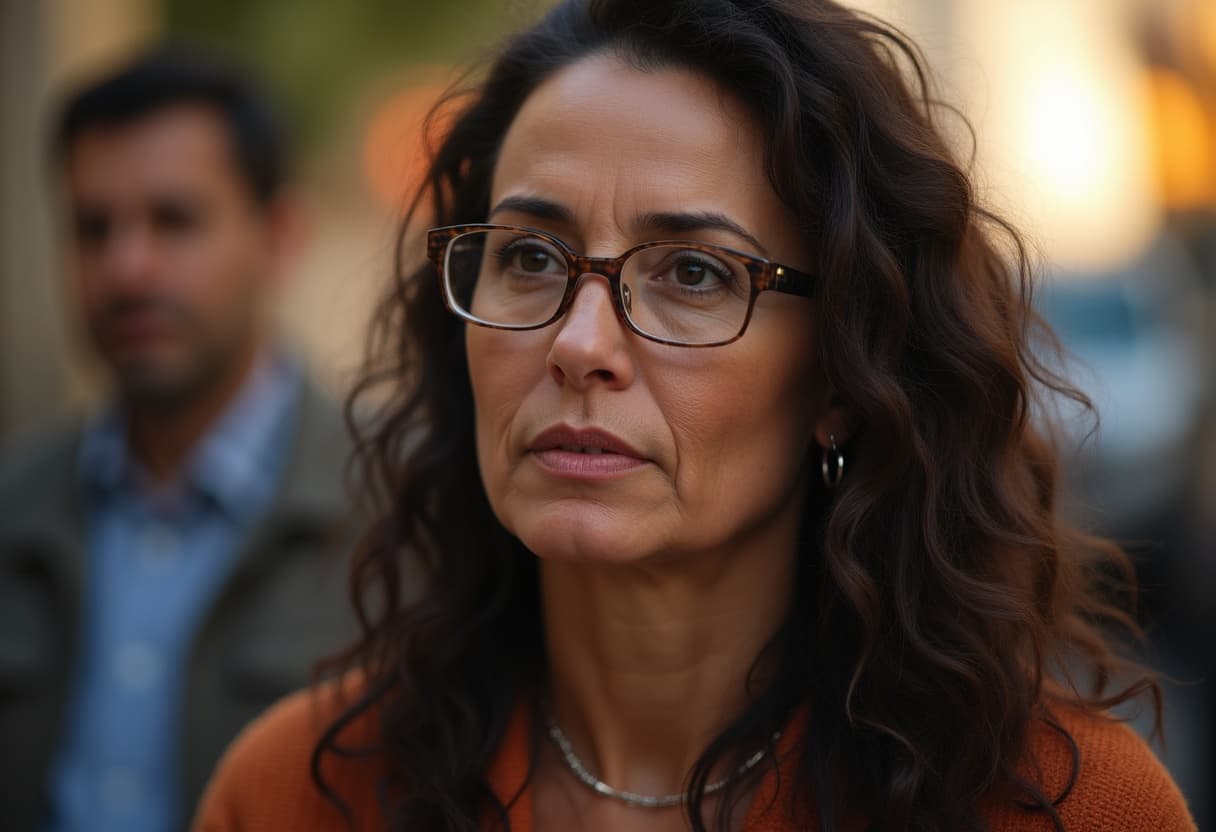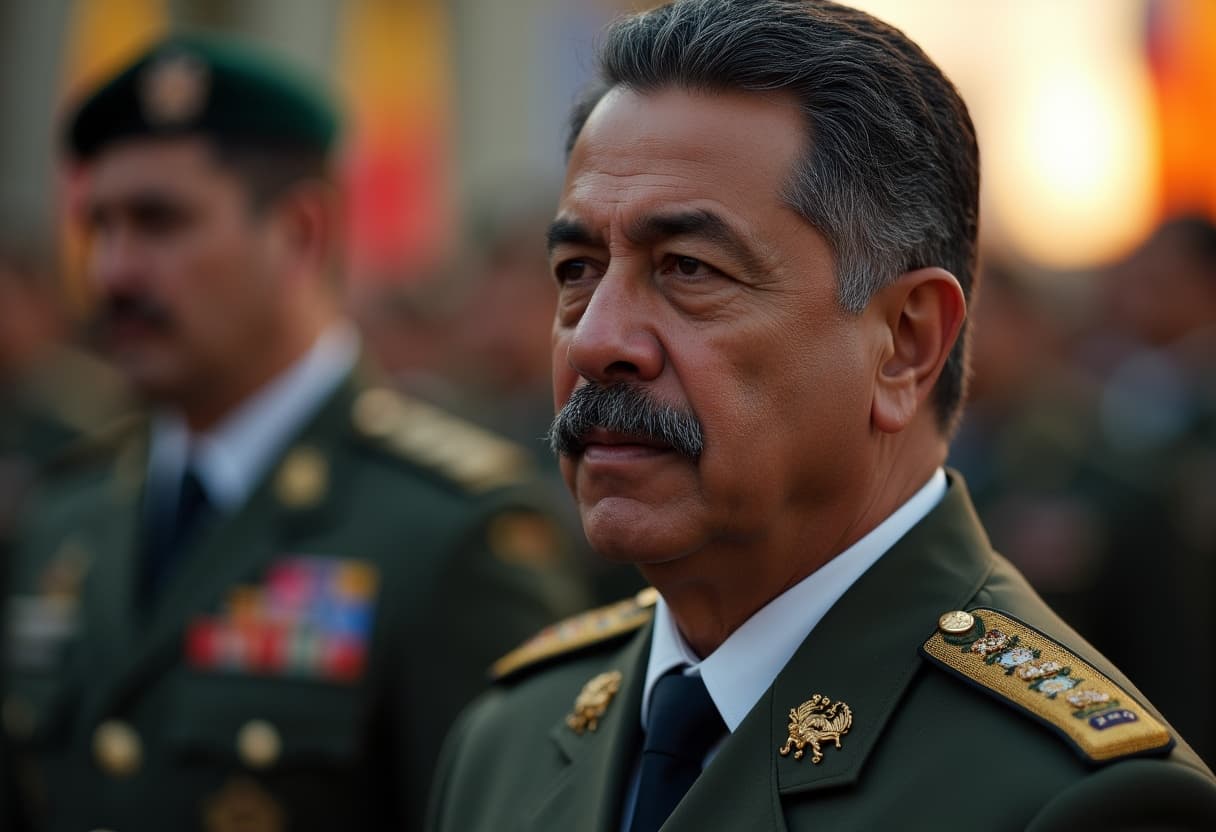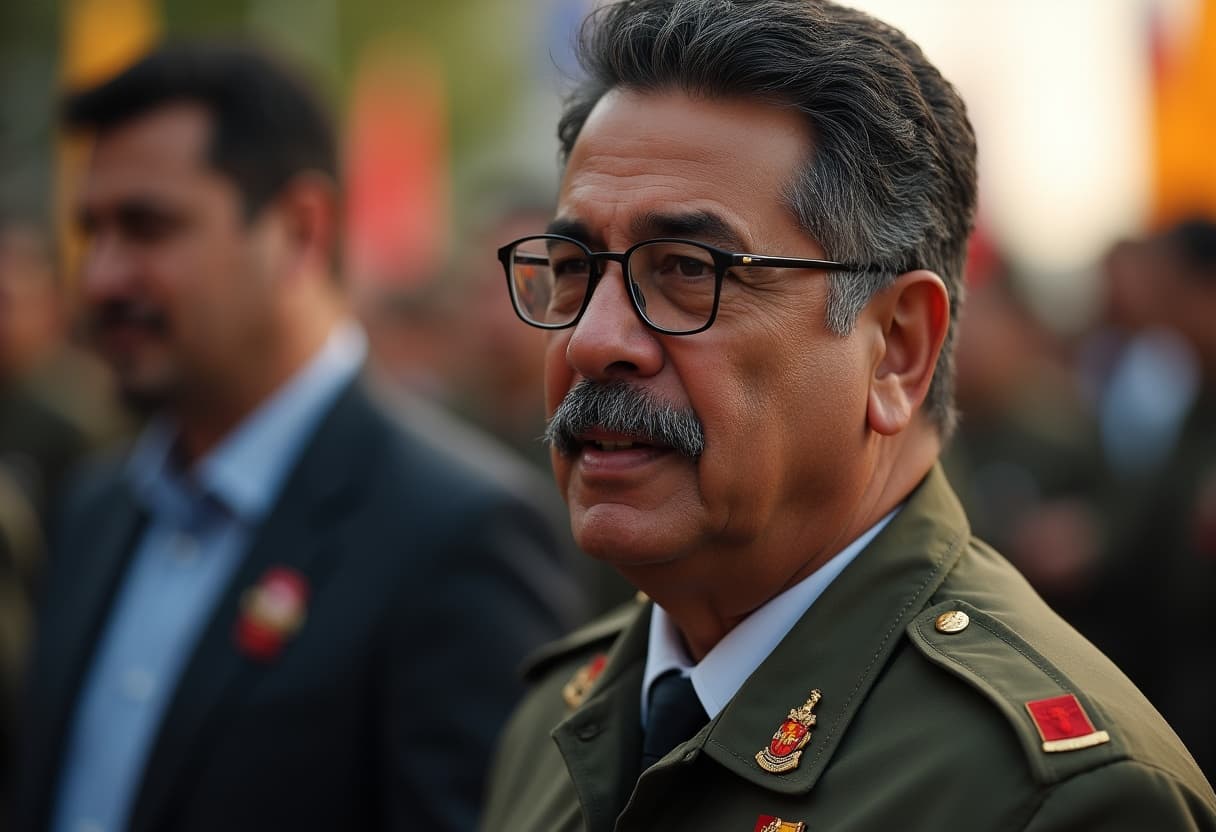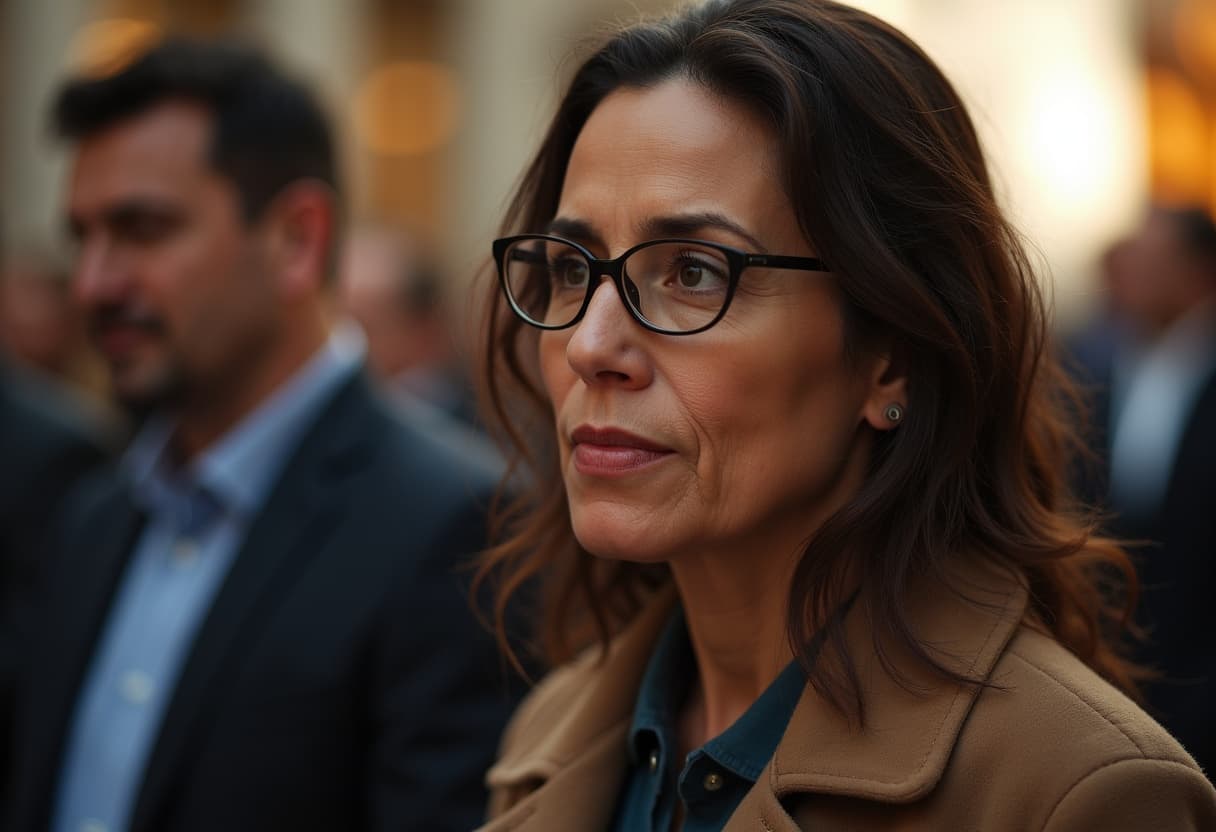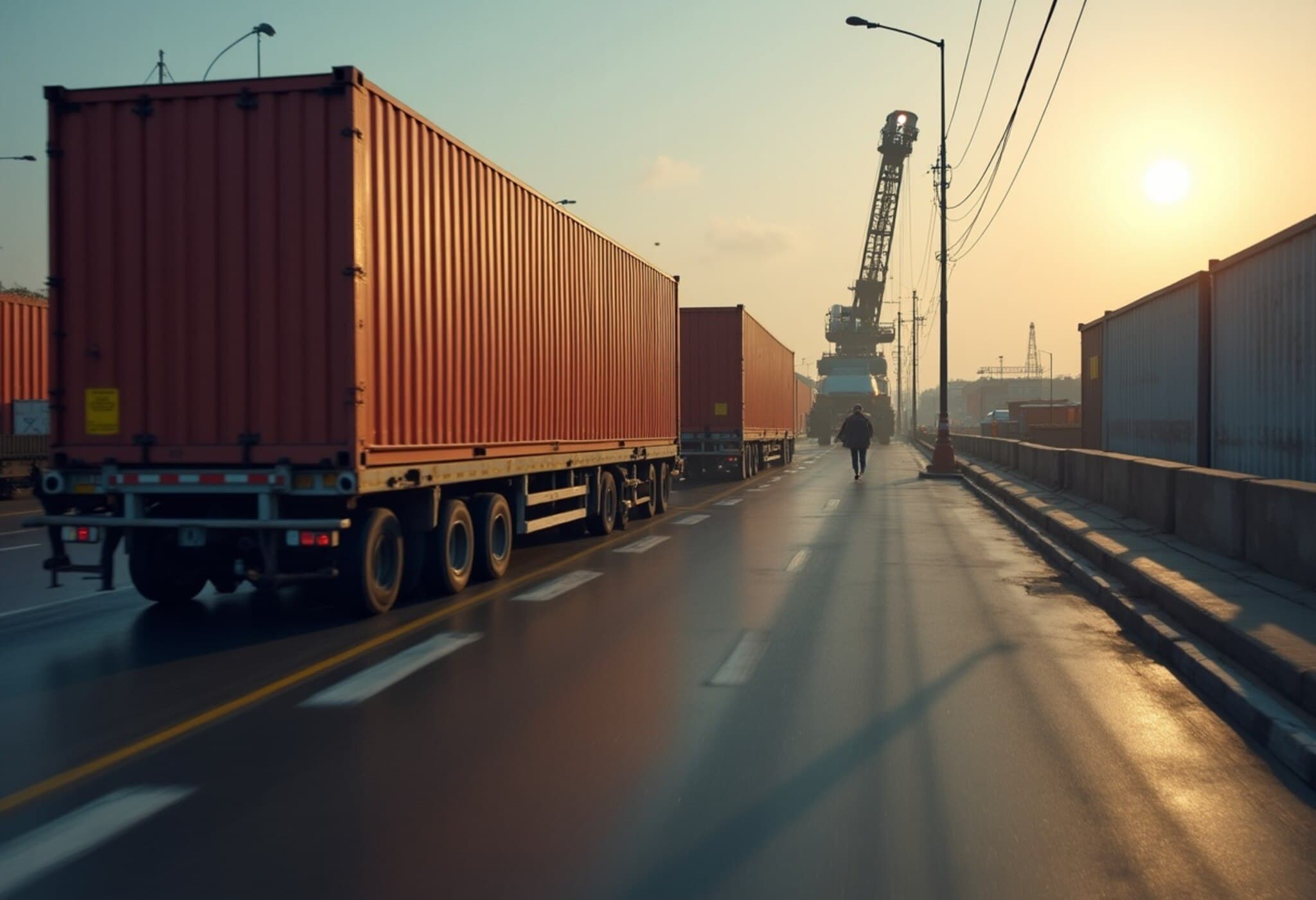US Increases Reward for Nicolás Maduro’s Capture to $50 Million
In a significant escalation of pressure on Venezuela’s leadership, the United States government on August 8, 2025, announced it has doubled the reward for information leading to the arrest of Venezuelan President Nicolás Maduro, raising the figure to an eye-catching $50 million. US Attorney General Pam Bondi declared this move a historic step in the ongoing effort to hold Maduro accountable for his alleged criminal activities.
Maduro Accused of Leading One of the World's Largest Narcotics Networks
Attorney General Bondi emphasized that Maduro is considered "one of the largest narco-traffickers in the world" and labeled him an urgent national security threat to the United States. Speaking in a video posted on social media platform X (formerly Twitter), she asserted, "Under President Trump's leadership, Maduro will not escape justice, and he will be held accountable for his despicable crimes."
Bondi’s announcement highlighted Maduro’s alleged connections with several notorious criminal organizations, including Venezuela’s Tren de Aragua gang, the Cartel of the Suns, and Mexico’s infamous Sinaloa Cartel. These groups are implicated in extensive drug trafficking and organized crime networks that span the Americas.
Background: Maduro’s Contested Leadership and US-Venezuela Hostilities
Nicolás Maduro, who has been Venezuela’s president since 2013 following the death of Hugo Chávez, maintains a highly controversial and deeply contested grip on power. His administration has faced sustained accusations both domestically and internationally of electoral manipulation and suppressing political dissent.
The strain in Maduro’s relationship with Washington intensified drastically during Donald Trump’s presidency. The US Department of Justice previously accused Maduro of collaborating with Colombia’s FARC rebels to funnel cocaine into the US market.
US DEA Reports Seizure of Massive Cocaine Shipments Linked to Maduro
In the latest revelations, the Drug Enforcement Administration (DEA) reported seizing approximately 30 tons of cocaine connected to Maduro and his network, with close to seven tons directly tied to the Venezuelan president himself. This staggering volume of narcotics underscores the far-reaching consequences of narcotrafficking and its influence on geopolitical stability.
Venezuelan Government Denies Allegations, Calls Reward a Political Diversion
Unsurprisingly, the Venezuelan government rejected the US’s claims. Foreign Minister Yvan Gil labeled the doubling of the reward as an orchestrated distraction from unrelated political controversies, including references to scandals involving Jeffrey Epstein. Speaking via a Telegram post, Gil stated, "It does not surprise us, coming from who it comes from... a ploy to divert attention from other scandals."
Expert Insight: What This Means for US-Venezuelan Relations and Regional Security
The US’s decision to significantly raise the reward reflects a broader strategy aiming not only to undermine Maduro’s regime but also to disrupt international narcotics trafficking routes that threaten American and regional security.
From a legal and policy perspective, it raises questions about the effectiveness of monetary incentives in capturing high-profile political figures and the potential for increased diplomatic tensions between the US and Venezuela. Furthermore, it sheds light on the complex entanglement between political authority and organized crime in Latin America.
Experts suggest that while the reward might incentivize insiders to come forward, the entrenched networks and state-level protections Maduro allegedly enjoys pose formidable obstacles. The move also signals the US’s continued willingness to pursue aggressive measures within the broader context of its war on drugs and efforts to promote democracy in the region.
Why This Story Matters
- Understanding the criminal-political nexus: The allegations against Maduro highlight how criminal enterprises can intertwine with political power, complicating governance and stability.
- Implications for US policy: The reward increase is emblematic of the Trump administration’s hardline approach toward foreign leaders accused of undermining American interests.
- Regional and global repercussions: Drug trafficking from Venezuela has enormous social and economic impacts across the Americas.
Editor’s Note
This development prompts reflection on the challenges faced when confronting politically shielded narcotics trafficking at the highest levels. As the US doubles down on its pursuit of Maduro, stakeholders should consider how such moves affect humanitarian conditions in Venezuela and the prospects for diplomatic resolutions. Will monetary incentives foster actionable intelligence, or merely deepen animosities? The broader conversation about balancing law enforcement with geopolitical strategy remains as critical as ever.

